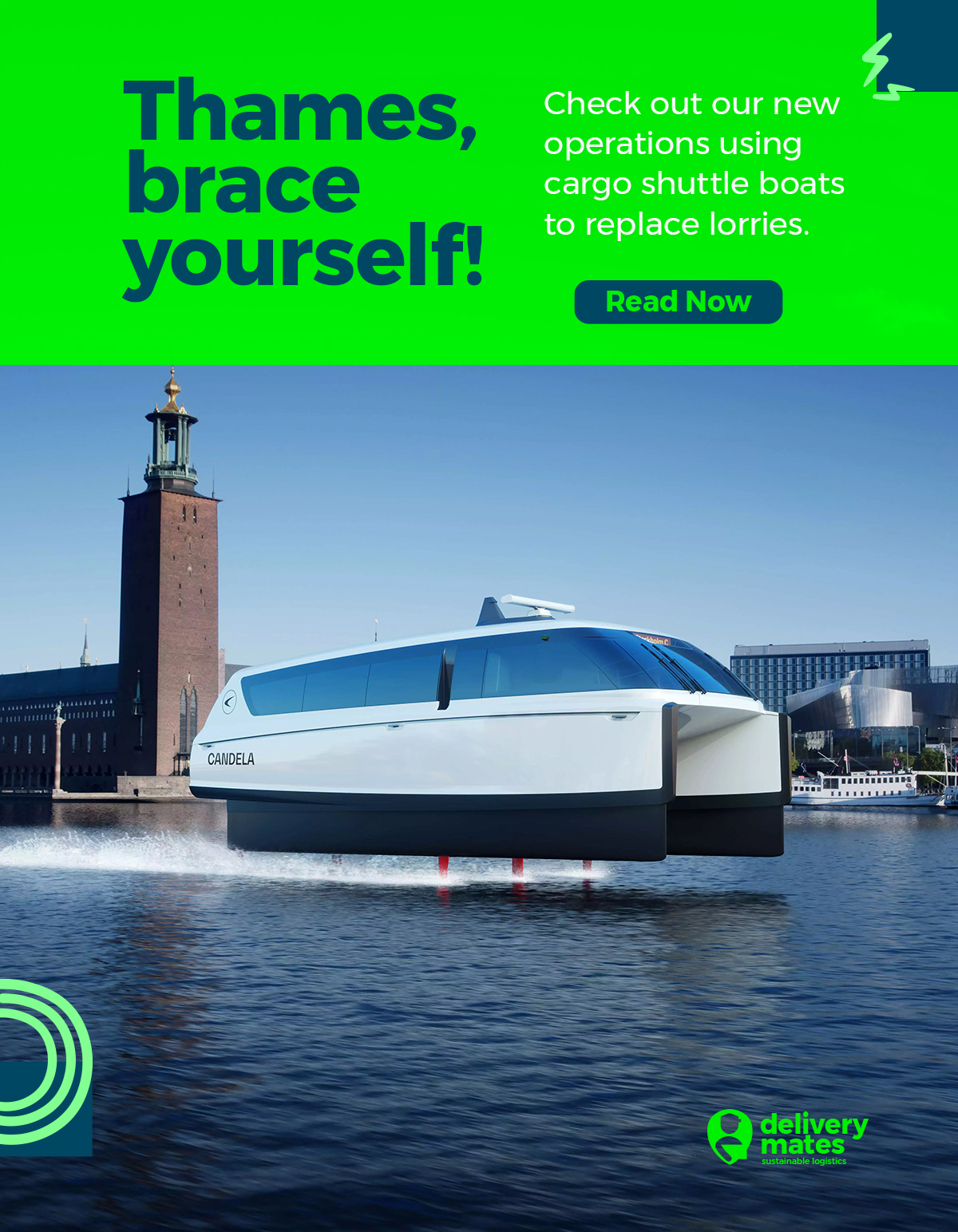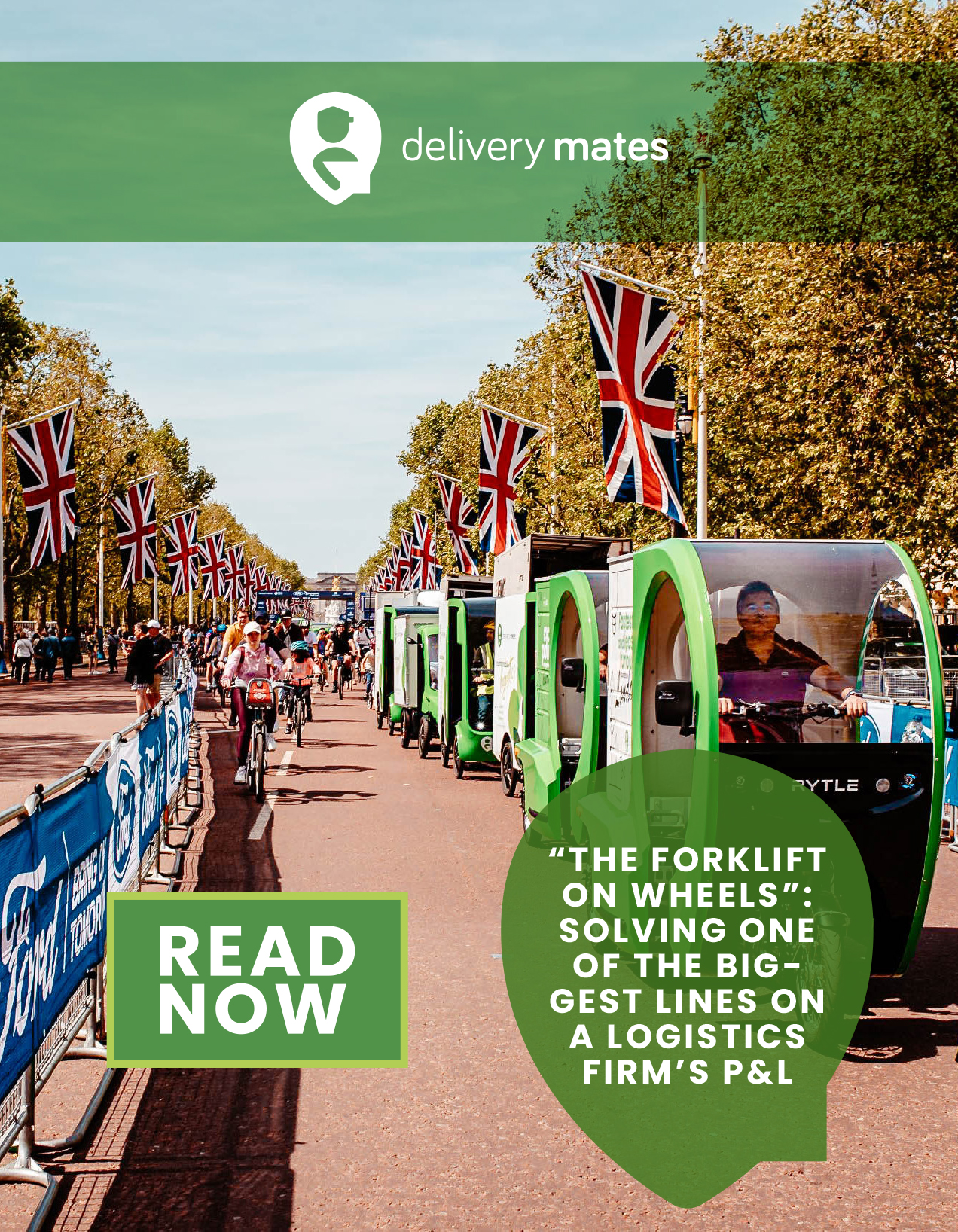The Centre for Transport Studies at University College London (UCL) has released a new report identifying the prime locations for urban microhubs in London.
Microhubs are facilities where freight is received in bulk and re-distributed in urban areas by low-emission vehicles such as e-cargo bikes.
Titled ‘Developing low-carbon freight microhubs in London’, the report was commissioned by UK property company British Land for investment purposes.
“We did a spatial analysis to find locations where microhubs would be both profitable and beneficial to the society,” UCL Lead Author Dr Paulo Anciaes told Zag Daily.
The analyses considered the availability of cycle lanes, traffic calming infrastructure, the number of collisions involving cyclists and accessibility to freight distribution routes.
“We found the best areas are not in the centre, but surrounding it,” said Anciaes. “The microhubs need to be near the demand from residences and businesses and arterial roads to receive goods at the same time.”
According to the author, the availability of cycling infrastructure is essential to map potential locations. “This is not only cycle lanes, but also parking spaces especially for cargo cycles, which are larger. These are included in the new Transport for London’s Cargo Bike Action Plan, which is very positive.”

Based on the results of the study, Anciaes revealed that British Land has already selected a location in Paddington to implement a microhub.
The study illustrates a method of selecting areas that could be replicated by other cities.
“We plan to start a bigger project involving the private sector and other institutions to test this method, analysing results in terms of efficiency and sustainability. We are now looking for funding for this.”
Microhub trend
The announcement follows Transport for London’s (TfL) recently launched Cargo Bike Action Plan to promote cargo bike use and address barriers that inhibit or prevent a shift from vans to cargo bikes.
The London Assembly Economy Committee then called for London businesses to receive further incentives to shift away from diesel vans to cargo bikes.
Still in London, the Cross River Partnership also announced an initiative where boats bring pallets of goods down the River Thames. These are unloaded onto cargo bikes for the last leg of the delivery process, thereby making streets safer, cleaner and less congested.
The delivery trend is endorsed by recent research by Pedal and Post, which found that UK taxpayers could save over £4bn in public health and other services if delivery companies shifted to cargo bikes for first and last-mile deliveries.










